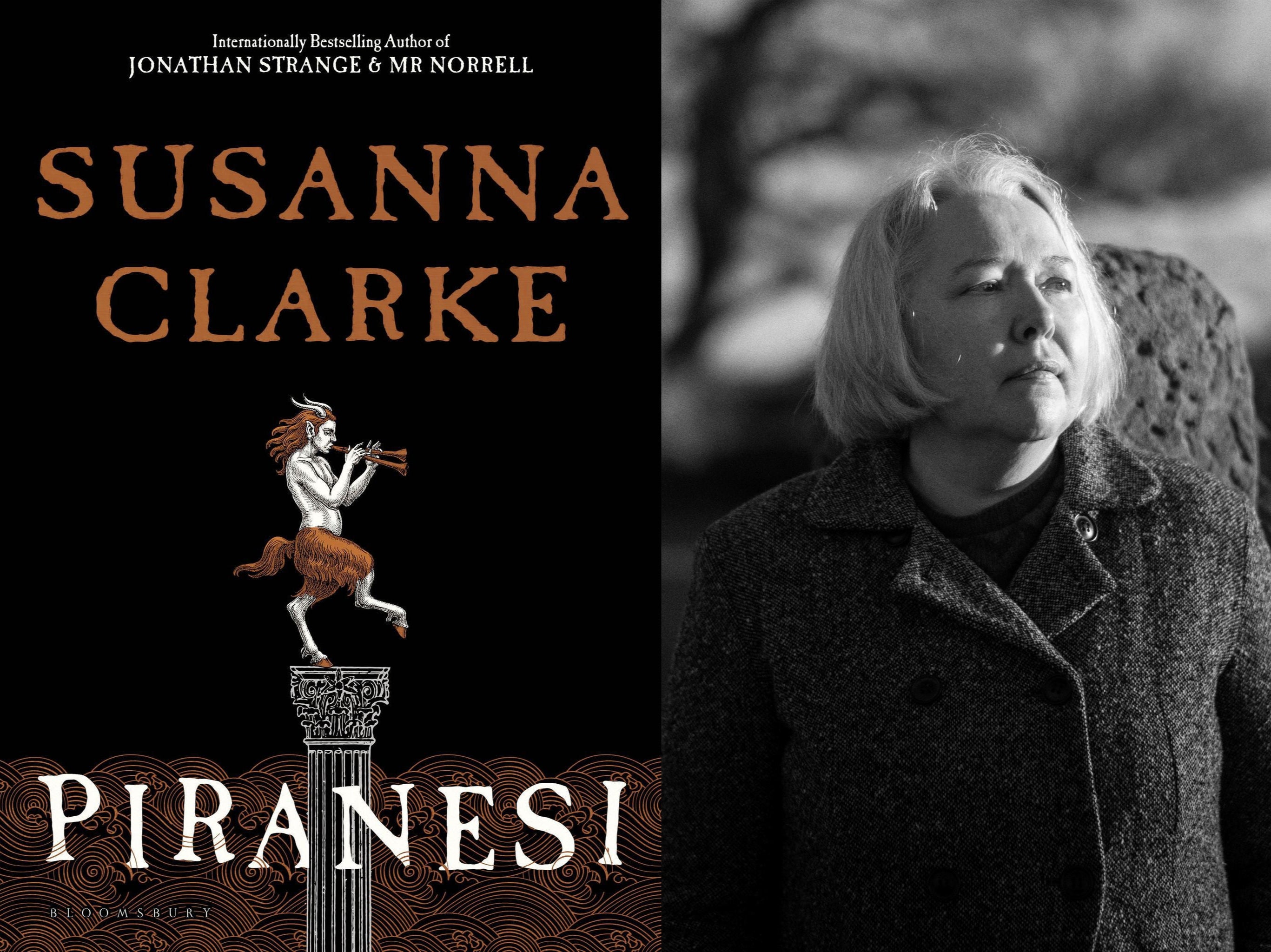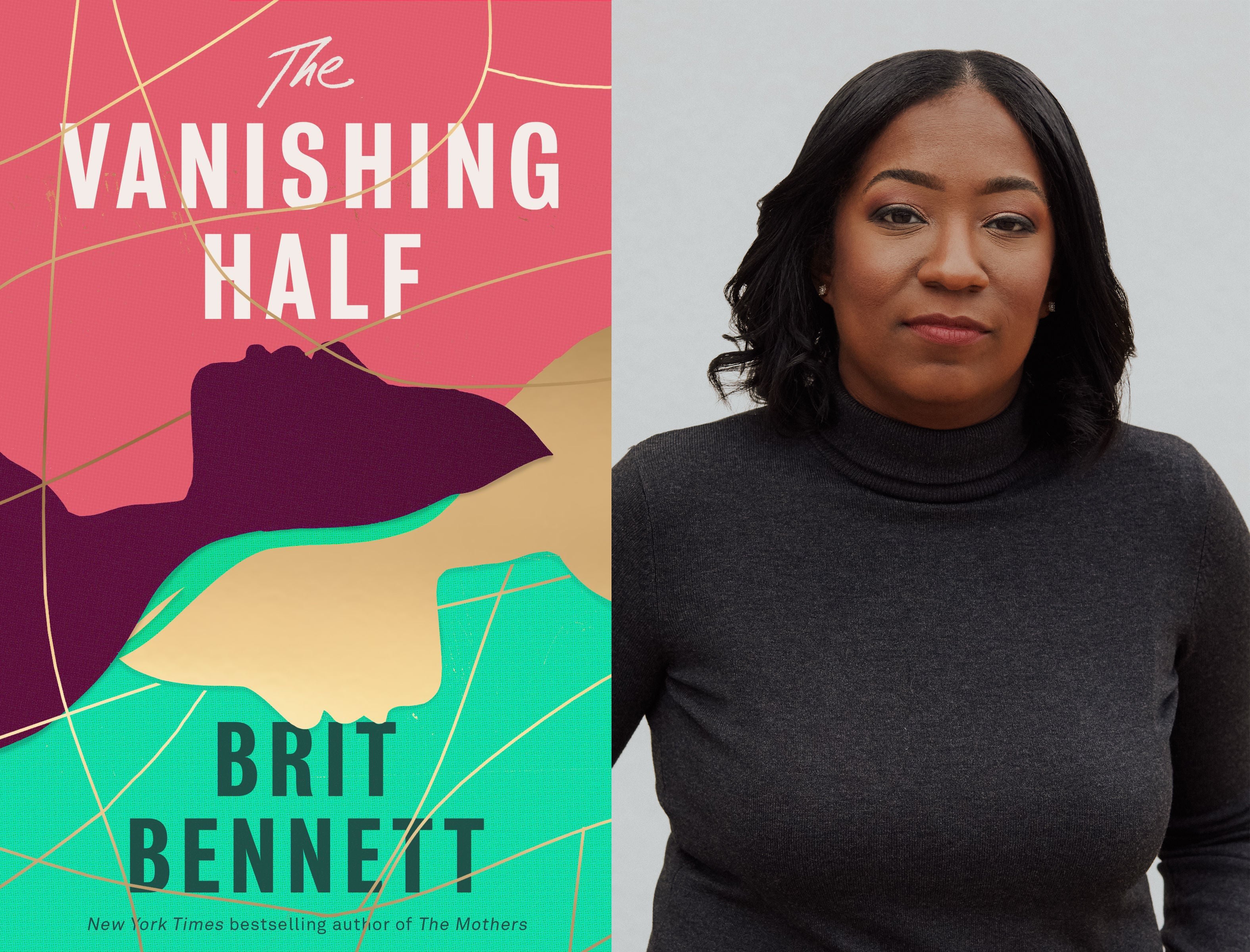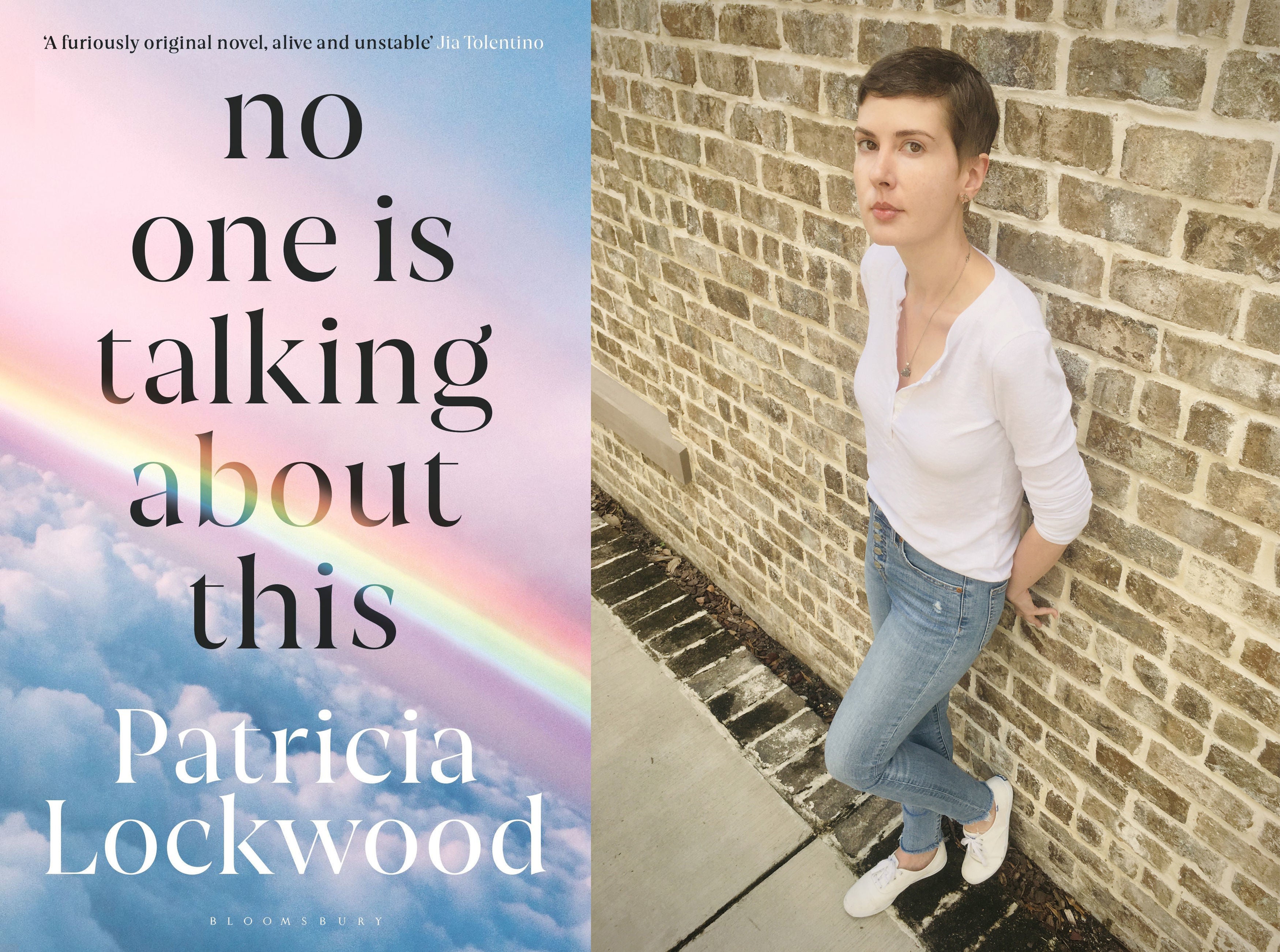Women’s Prize for Fiction 2021: Susanna Clarke, Claire Fuller and Patricia Lockwood among shortlisted authors
Six novels explore themes including family, identity, addiction, oppression, racism, mind-altering drugs and more, from rural Britain to Barbados

The Women’s Prize for Fiction has announced its shortlist for 2021.
Appearing on this year’s list of contenders are Brit Bennett, Susanna Clarke, Claire Fuller, Yaa Gyasi, Cherie Jones and Patricia Lockwood.
Their six novels explore themes including family, identity, addiction, oppression, racism, mind-altering drugs and more, from rural Britain to Barbados.
Alongside Booker Prize winner and chair of judges Bernardine Evaristo, the judging panel also includes podcaster and journalist Elizabeth Day, radio host Vick Hope, print columnist Nesrine Malik and presenter Sarah-Jane Mee.
Now in its 26th year, the prestigious prize is open to original fiction written in English by women from anywhere in the world.
Clarke is on the shortlist for her second book in 16 years, Piranesi, following the success of her debut, 2004's Jonathan Strange & Mr Norrell.
“It spirits you away into a fascinating universe that stays with you long after you’ve put the book down,” Malik said.
Also shortlisted was The Vanishing Self, by US writer Bennett, which follows twin sisters who grow up in a Black community but live separate lives as adults, with one hiding their racial identity.

Evaristo praised it as a “beautifully written novel, and psychologically very complex, and it looks into the consequences of racism and its effect on the human psyche, and how it can determine people's lifestyle choices and relationships and shape their fate”.
Speaking to Press Association, she explained why the prize was still important.
“I think the situation for women's fiction has improved in the last 26 years. I don't know what the statistics are in terms of men and women getting published, but when you look at the Women's Prize you have to look at the history of fiction in this country, or really internationally, which has been predominantly male,” she said.
“Even though we have had 26 years of a prize that has championed women's writing, we still actually have hundreds of years to make up for in terms of telling women's stories. It is as important now as it was a quarter of a century ago to get those stories out there and to tell women's stories from all the different ways and all the different perspectives that are possible.
“It still remains a really important prize for readers to focus on the best and most diverse of women's fiction out there. It has become a focal point actually for women's fiction. And I think we still need to make that distinction.”
The full shortlist is as follows:
Brit Bennett, The Vanishing Half
Susanna Clarke, Piranesi
Claire Fuller, Unsettled Ground
Yaa Gyasi, Transcendent Kingdom
Cherie Jones, How The One-Armed Sister Sweeps Her House
Patricia Lockwood, No One Is Talking About This

This longlist for this year’s prize recently became the subject of controversy due to a transphobic backlash over the inclusion of Detransition, Baby, a novel by trans author Torrey Peters, who did not make the shortlist.
An open letter from the Wild Woman Writing Club alleged that the nomination was “making male writers eligible for the sole major women’s literary prize,” and that Peters’ inclusion meant “the award ceased to be the Women’s Prize and became simply the Fiction Prize”.
Some writers who signed the letter used the names of deceased writers, such as Daphne du Maurier and Emily Dickinson, claiming they feared “harassment by trans extremists and/or cancellation by the book industry”.
Peters was the first trans woman to be nominated for the Women’s Prize for Fiction, formerly called the Orange Prize for Fiction.
Additional reporting by Press Association
Join our commenting forum
Join thought-provoking conversations, follow other Independent readers and see their replies
Comments
Bookmark popover
Removed from bookmarks